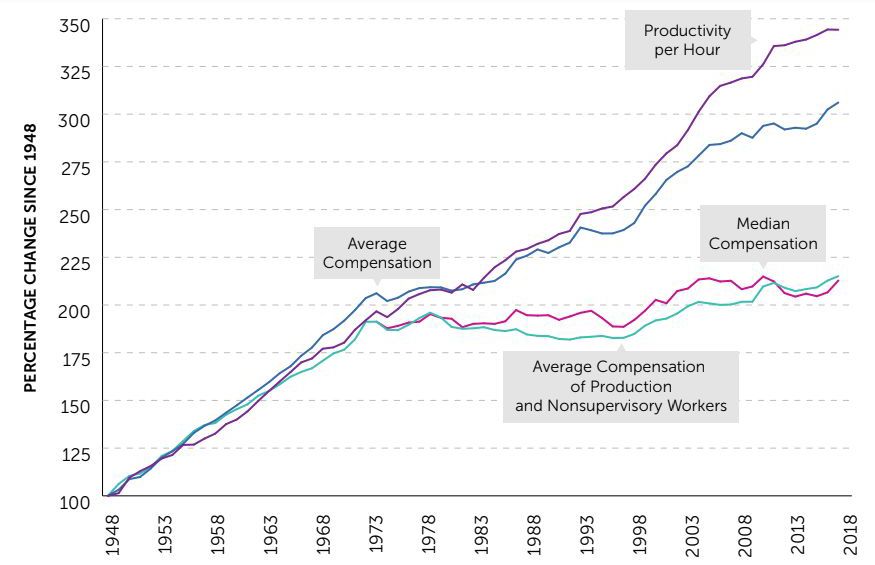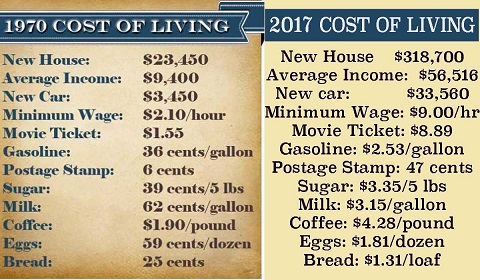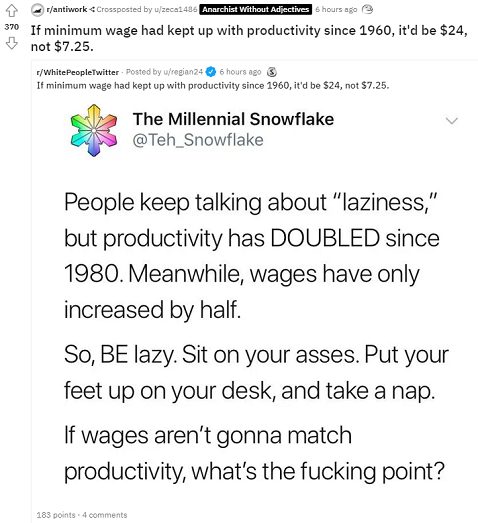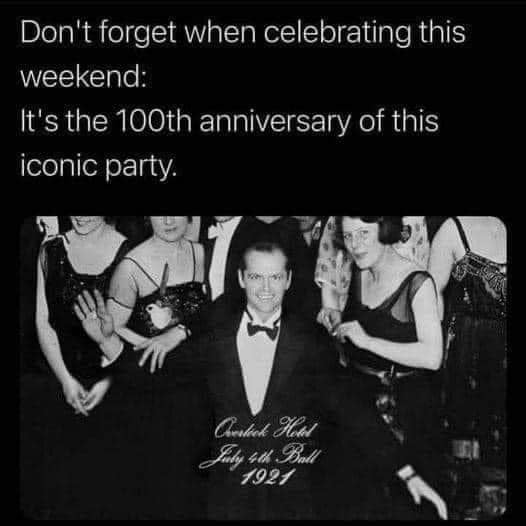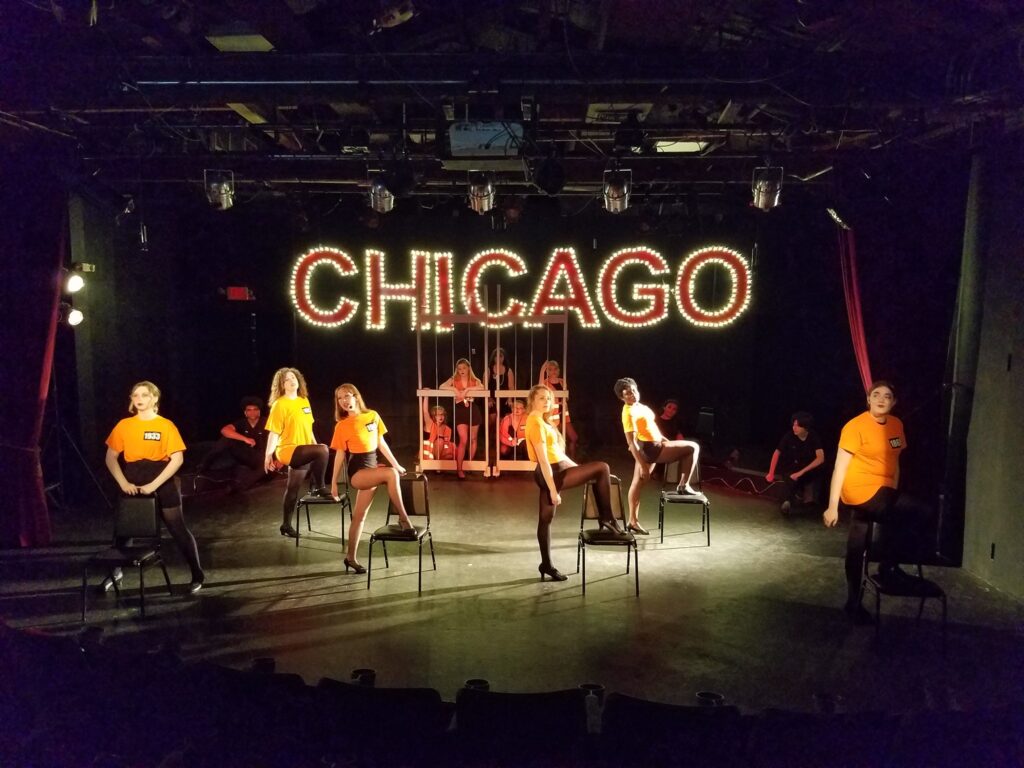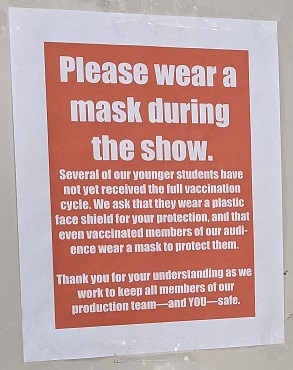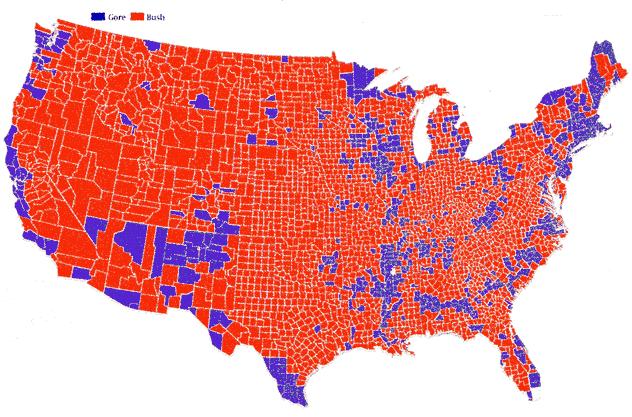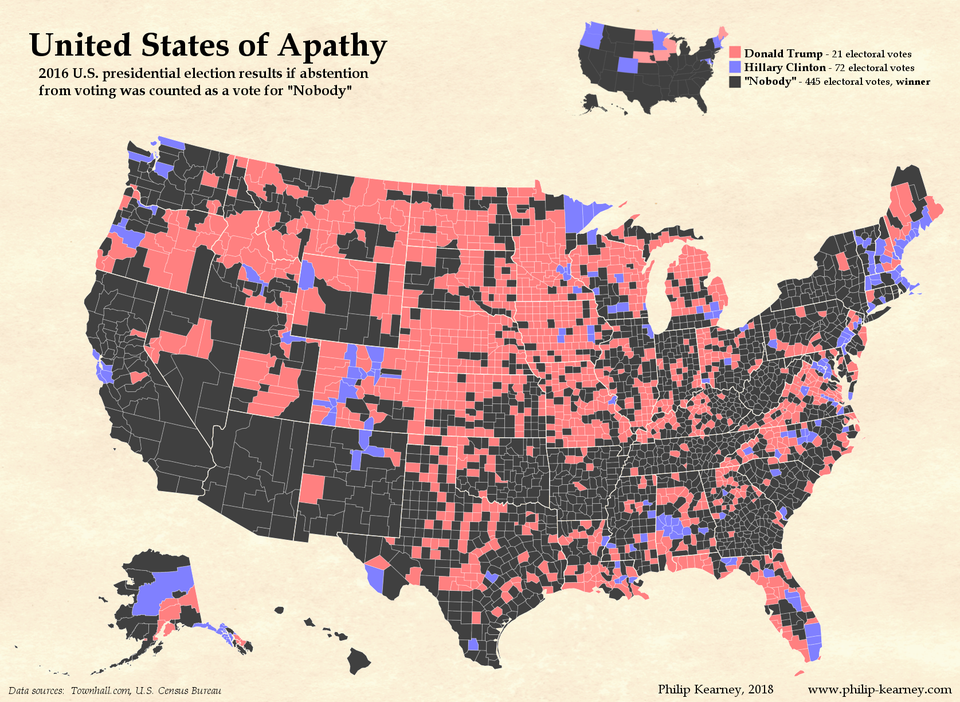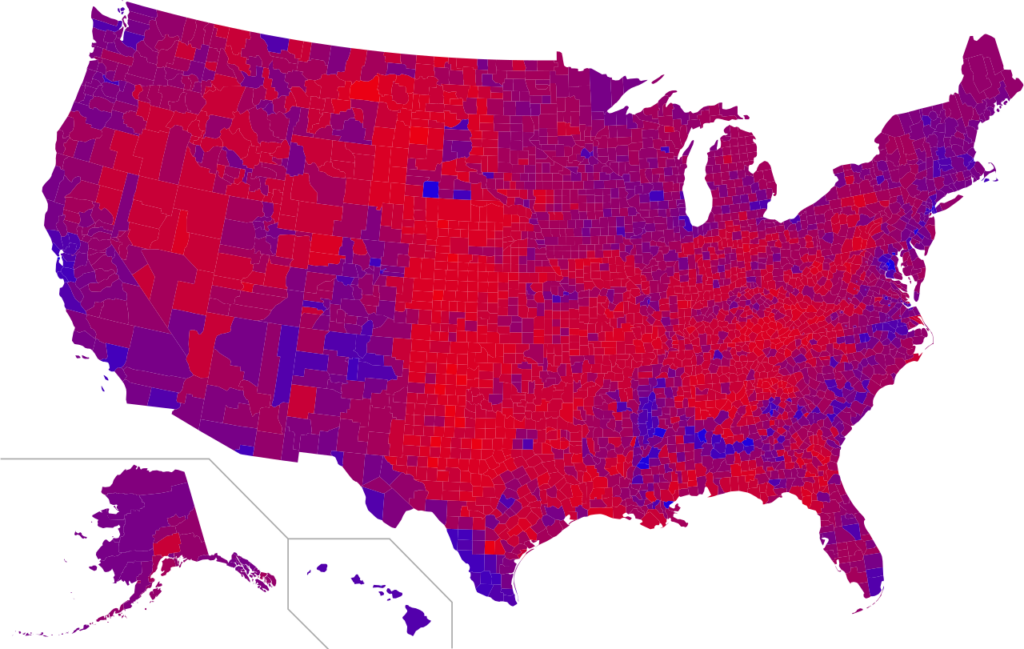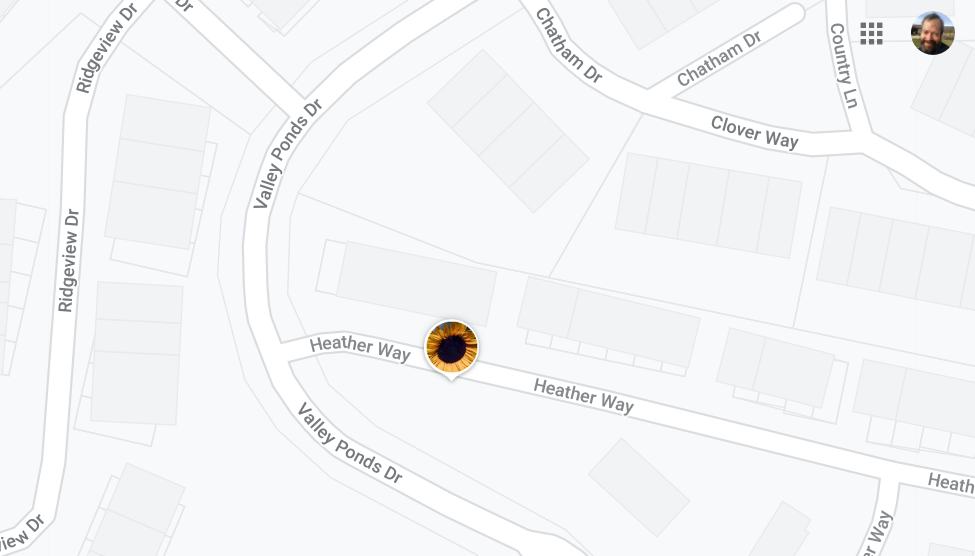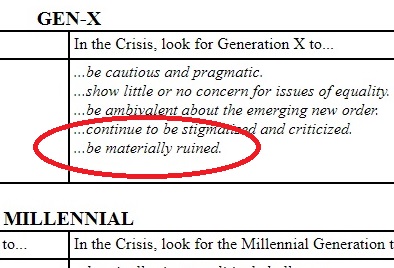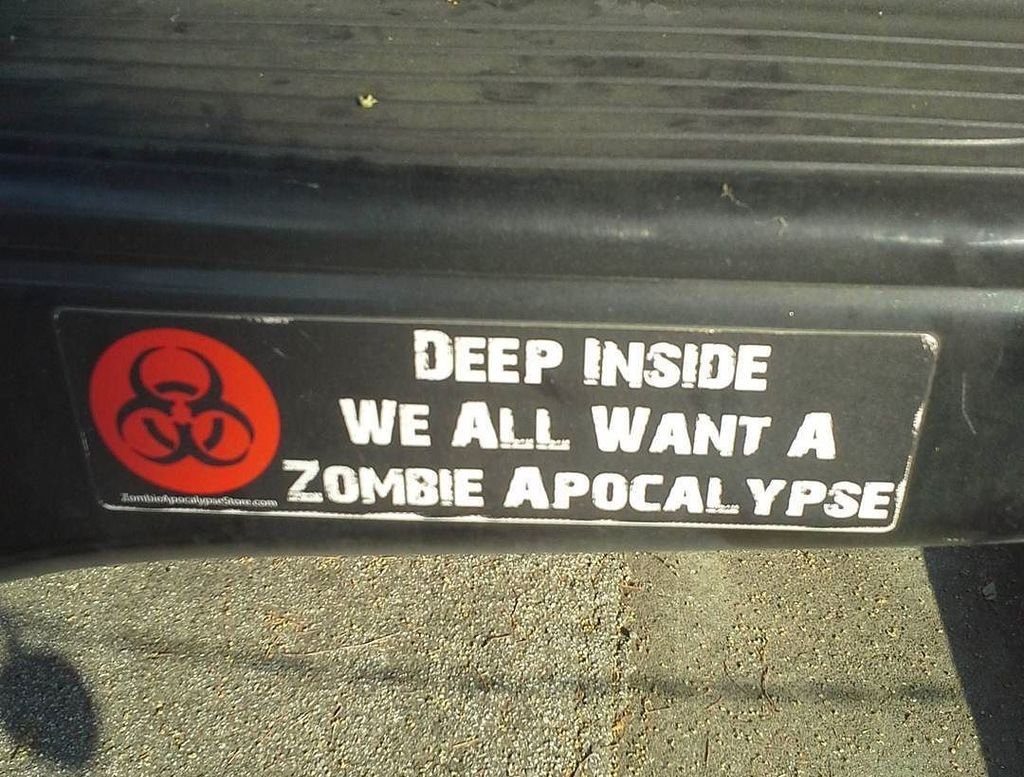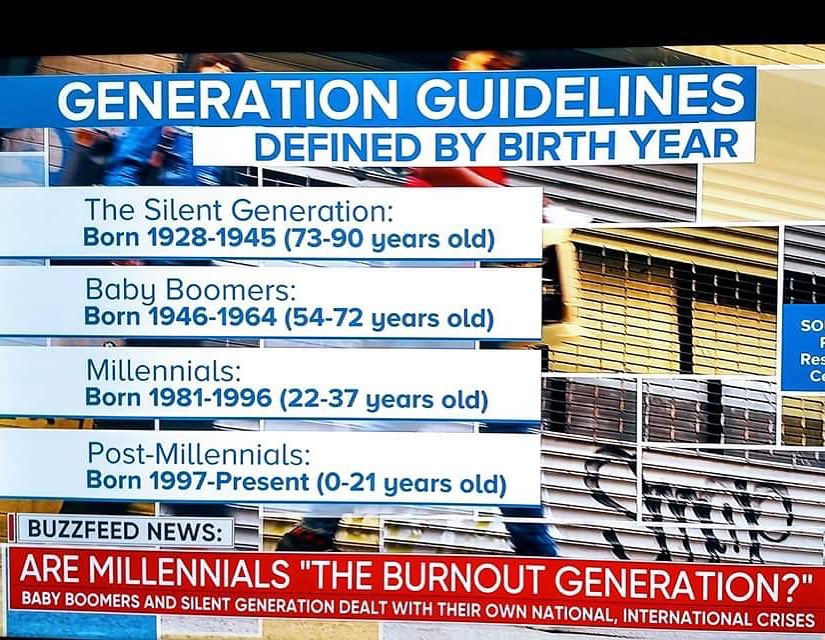Generations on the Internet: 2022 Update
On this blog I often write about generations, and when I do I often find myself writing specifically about the generations online. For example, I have posts about social media, where I’ve observed how different generations experienced social media at different life stages, thus having a different relationship with the technology. It’s like what I really blog about is the Internet, and that’s not surprising given that I spend almost of all of my waking life there, whether at my paying job or working on personal projects like this blog.
It’s nothing new; on my old blog, I had a background section about the generations, and it emphasized their presence on the Internet. For example, I noted that the GI generation did not have much Internet presence, and that it was members of the Silent generation who were typically portrayed as the older people just learning how to get online. Meanwhile, Boomers and Gen-Xers were the Internet entrepreneurs, and the Millennials had their own unique online portals. I was writing all of this in the early to mid-2000s, so a lot has changed. If you go to my old site, you will find that some of the external links still work, but many, if not most of them, are dead now.
Back then, I focused on “the web.” Web 2.0 was young, and social media was still evolving as a concept. You might note that in my background section, social media makes an appearance on the Millennial page, in scare quotes no less. Twenty years later, I think it’s natural to associate social media and the ubiquity of apps and crowdsharing with that generation; it goes hand in hand with their consensus-seeking peer personality. Now that social media apps, with their relatively closed platforms, are supplanting the more open world wide web, what has changed about the presence of the generations online?
Well, for one thing, everyone is on the Internet now. You can’t really talk about any particular”online generation” when the Internet is part of the background of everyday life. At best there’s the idea of “digital natives” to cover all the people so young that they can’t remember when there wasn’t an Internet. But I think all generations from Boomers on down are comfortable with life online.
I would say that, as a rule, different generations tend to congregate in different platforms. Facebook and Twitter, and what’s left of the old world wide web are where you find the older generations, while Instagram, YouTube, Reddit and TikTok are where the younger generations are. This assertion is based on no data at all; it’s just my impression. While all of the living generations are on the Internet, they have different reputations online and different presences as a generation. Let’s call the sum total of all that a generation’s Internet profile.
First, for the Boomer generation and older, I’d say their Internet profile doesn’t looks so great. There’s not much around specific to the Silent generation, except for pages that amount to encyclopedia entries. Boomers as a generation have a terrible social media presence, since they are mostly the butt of jokes. As I noted in an earlier blog post, there’s a Facebook group devoted to making fun of Boomers. And we all know about “OK boomer.” As individuals, plenty of Silents and Boomers are in command of their social media presence, particularly celebrities and prominent and powerful officials. I imagine that many elder leaders actually have teams of younger people managing their social media accounts.
The Millennial generation’s Internet profile is a bit of a muddle. For one thing, younger Millennials would prefer to disassociate themselves from their older generational peers and call themselves Generation Z. Articles about the gap between Millennials and Gen Z are generally silly fluff, but the real story here is that there is a reluctance among Millennials to embrace their generational moniker. Despite the fact that the term “Millennial” has become a commonplace and is ubiquitous in online discourse about the state of society, Millennial individuals are not keen on taking on their generational name as a brand.
This takes me to my generation, Generation X. Of all the generations, Gen X is the one which most willingly – eagerly, even – embraces its identity online. Gen X’s Internet profile is like a bold statement – don’t you forget about us! There are so many Gen X themed YouTube channels, podcasts, social media pages and accounts that I am not even going to list any here. Instead, I’ll pick that up in a future post. Suffice it to say that many Gen X individuals see themselves in terms of belonging to their generation, and a lot of what Gen Xers obsess on in their online content and sharing is nostalgia for their past. You know, that time before there was an Internet.
